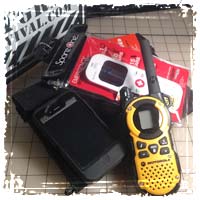 During any emergency, communications is going to be one of the most important survival skills that you can possess. When modern communication lines go down, the ability to get a hold of your loved ones, to communicate and gather information, and to find out specific details on the disaster is going to be extremely important for everyone involved.
During any emergency, communications is going to be one of the most important survival skills that you can possess. When modern communication lines go down, the ability to get a hold of your loved ones, to communicate and gather information, and to find out specific details on the disaster is going to be extremely important for everyone involved.
From cell towers being overwhelmed by a flood of traffic, to the entire communications infrastructure being shutdown, even small scale disasters can severely impact your ability to contact your loved ones. Most Americans have become way too reliant on their cell phones, and many don’t realize how ineffective they will likely be during a disaster. In fact, during the summer of 2012 a series of storms swept through the mid-Atlantic region of the U.S. causing widespread damage to the cellular infrastructure.
Millions of people were unable to use their cellphones, access the internet, or even dial 911. The problem was so bad that parts of Northern Virginia went without 911 services for over 48 hours. If cell providers can’t even guarantee service during normal yearly storms, what do you think will happen during a major nationwide disaster?
Emergency Communication Planning
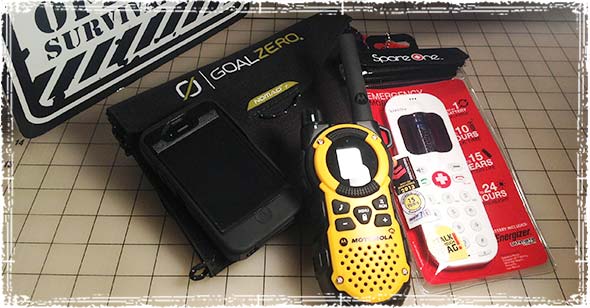
You need to develop an Emergency Communications Plan, and everyone in your family needs to know how to use it.
Very rarely will everyone in your family be together when a disaster hits, this means you need a way of ensuring you can find your loved ones during an emergency situation or disaster.
Emergency Status Updates:
Put together a list of 2 – 3 people, who are all preferably out of state, who you can call and contact with your status during an emergency. Everyone in your family should have these same 2-3 contacts that can then be the main points of contact to coordinate things.
Should your family become separated, these predesignated emergency contacts can coordinate efforts to reunite your family members.
Emergency Status Emails & Texts:
During an emergency, there’s a good chance the phone systems will become overwhelmed. Should this happen, texting and email may still be available. Everyone in your family should have a way to group text each other and group email each other with important status updates, until you can all be reunited in one group.
Emergency Communications Card:
Every member of your family should have an Emergency Communications Card. The Card should list all of your emergency contacts, along with a checklist of who you will contact and how you will contact them during an emergency. This is especially important for small children who may not remember contact information during a disaster.
In the case of small children, these contact cards can be sewn into the insides of jackets, backpacks, etc…
Connecting Point:
Should all other methods of communication fail, your family should have an emergency contact point where everyone would meet up during a disaster.
Prepaid Emergency Phones:
Personally I’m against giving a cell phone to a child; if your kid already has one then it should be setup with all of their emergency contacts in a way that allows them to instantly access those contacts.
Although I’m against kids having a cell phone, I think giving them a prepaid emergency cell phone that stays with them at all times is a good idea. This is a phone that can only be used to dial 911, or a set list of emergency contacts like Mom, Dad, Relatives and the 2-3 predesignated contacts mentioned above.

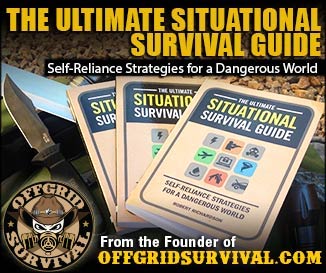
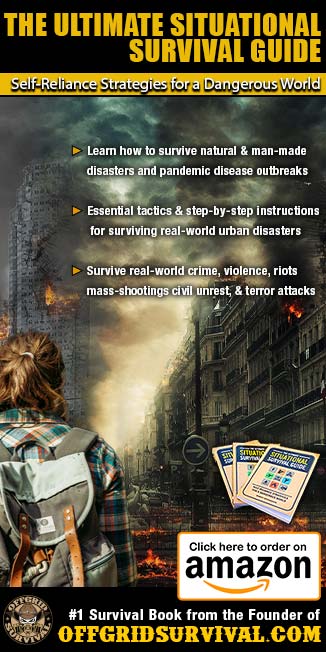

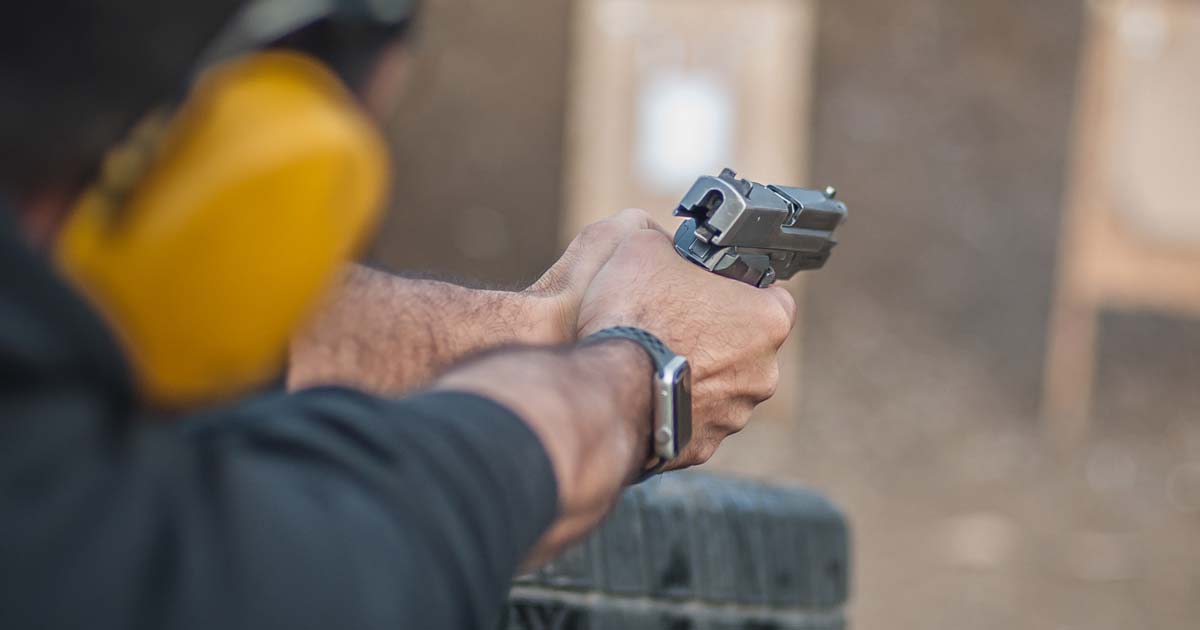

Good Info! However you picture a cell phone and a walkie talkie yet don’t mention the “Alternative” communication ie the walkie talkie or Shortwave! Could you expand upon that in a future post please?? Nice Job folks
This is good stuff. I hadn’t thought of most of those. Thanks!
Yes, we want to communicate. But I think we should remember that in times of martial law or a foreign invasion, the electronic communications will be jammed or heavily monitored. The walkie-talkie may be useless, like the cell phone.
CB Radios, or even Better Ham Radio….. if the cell towers are down, what good is a pre-paid phone???? ANd you can Buy CB walkie Talkies that have excellent ranges… Two-way walkie talkies are not reliable have have limited range, and line of sight limitations. Also With a few modifications Ham Radios can be converted to act as a Wi-fi Network to connect PC’s in a unmanaged Ad-Hoc
http://www.qsl.net/kb9mwr/projects/wireless/modify.html
http://w5vwp.com/blog/?page_id=218
Most people will never get a Ham License but they can easily get a radio scanner and a hand held CB radio for each member of a family. Families could have fun learning and creating a personal security system. Keep a base station at home, a spare in the car, etc. At least one member of the family should get good enough to teach the rest of the family. And of course, be able to hook up to your off grid power source. Don’t forget how good your car can be if properly set up for emergency communications and multiple power sources in a car or truck.
I encourage everyone to get their Ham Radio license. The reason? CB’s are set to specific frequencies. You can’t change these frequencies. There are 40 channels you are allowed on, which makes it easy for someone to jam you, or even monitor you.
Hams have the ability to be frequency agile. What this means is that I can choose a specific frequency one day, the next day choose another frequency, the following day another frequency. I could then, theoretically, keep changing my frequency without using the same frequency for months. By the time someone figures out what frequency I am on, I have changed to another frequency.
The other great thing about Ham Radio is if you have an HF radio you can monitor the Shortwave bands from other countries to get news.
The biggest problem with CB is the fact that you are locked into a specific frequencies, AND you are limited in power. Hams can adjust their power outputs to allow longer distance contacts. Also, CB gear is getting harder and harder to find due to the fact that most companies are not making them, being shutdown for various reasons. Some even have illegal modifications on them and if the FCC finds out, you could be potentially fined and lose your gear. Not fun. But Ham gear is prevalent and easy to find.
Thank you, Ryan! That was very informative. Sometimes, you have to go the extra mile to have a better fail proof system. I appreciate the information on this site!